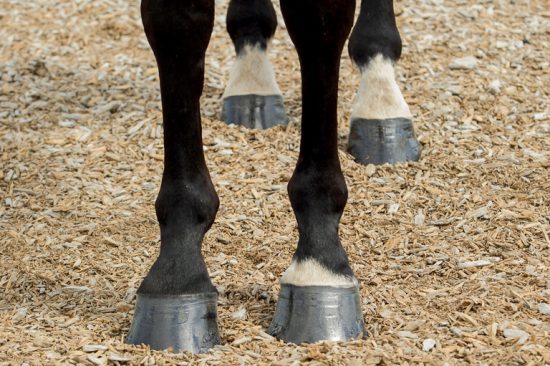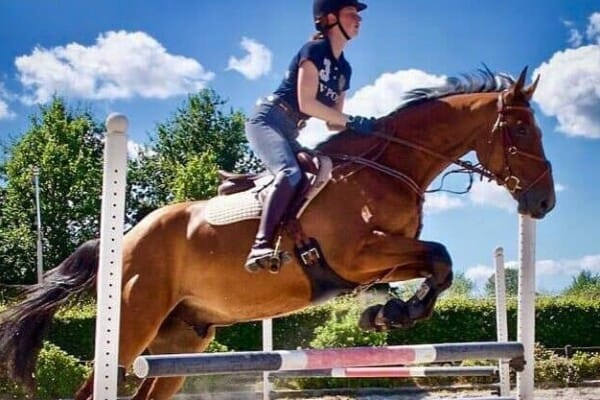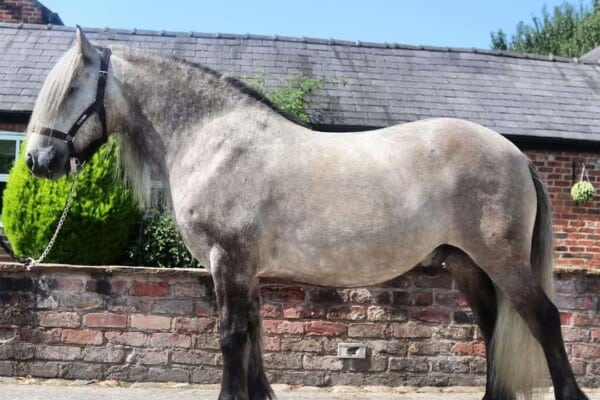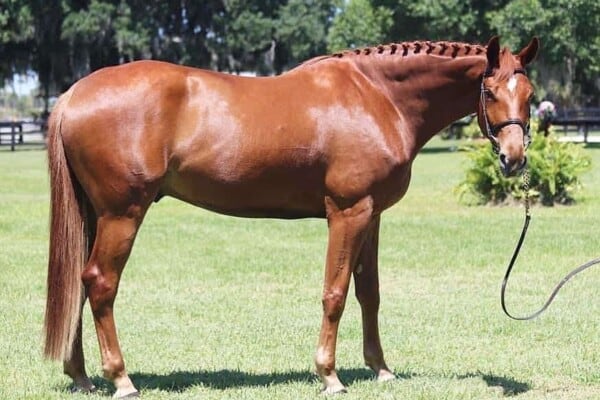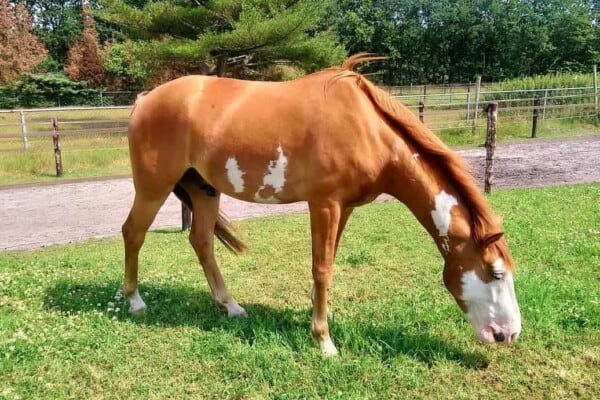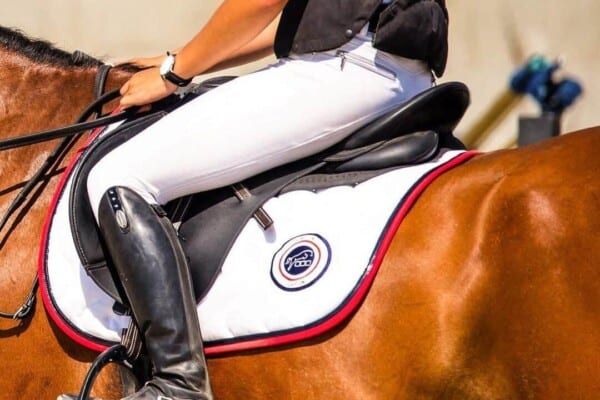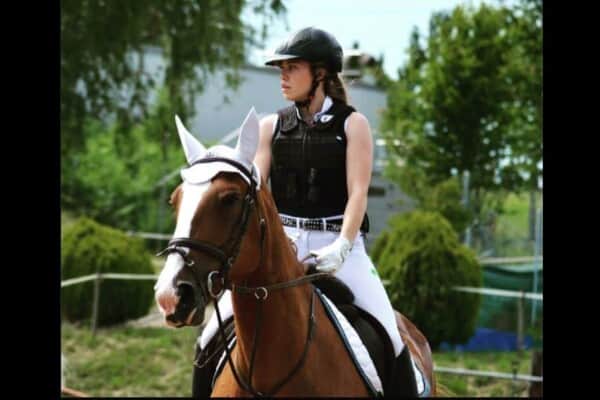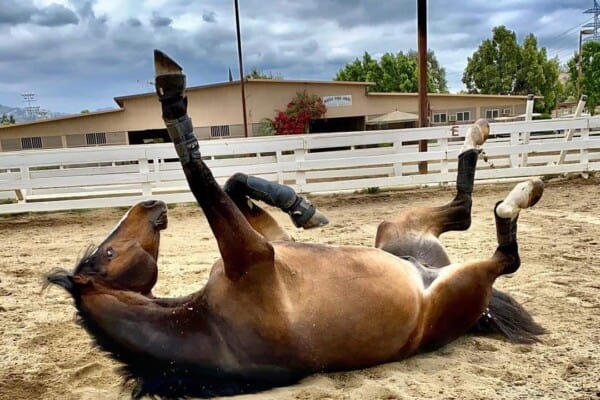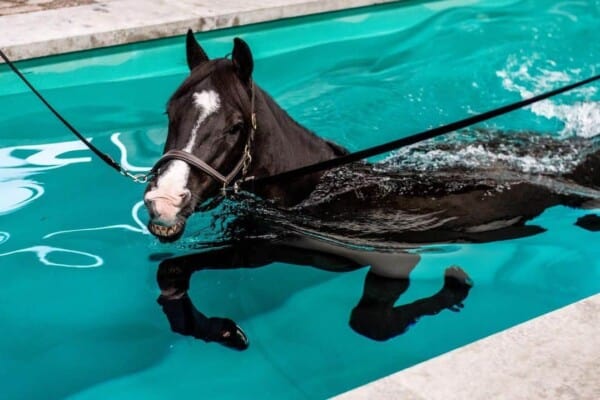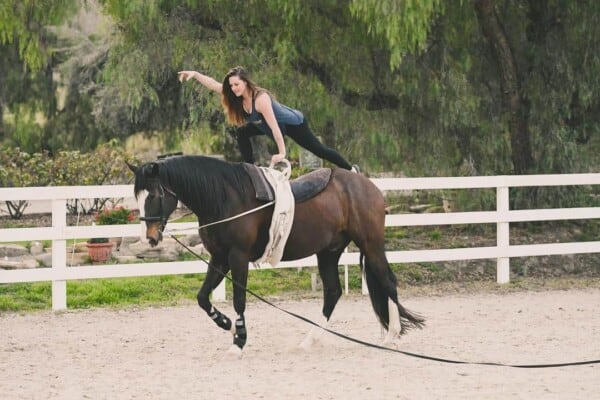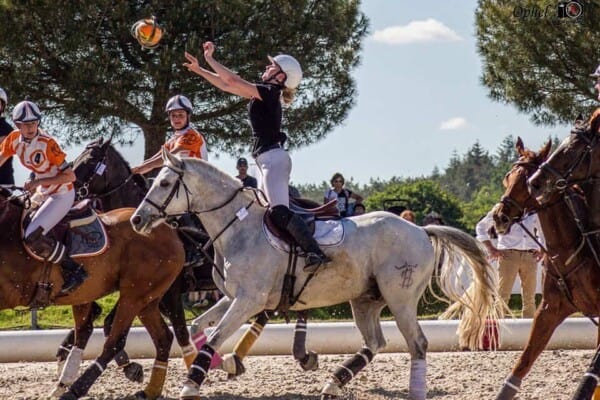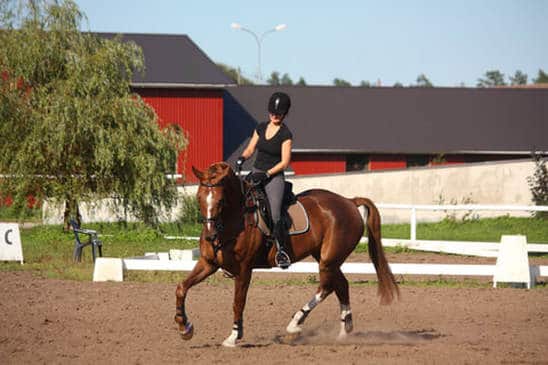Occasionally a horse can suffer an injury that results in their entire hoof capsule becoming separated from the foot. When this happens to a horse the injury is commonly referred to a degloved horse hoof. This is a very serious injury as the hoof cap is used to protect many sensitive parts of the horse feet including the coronary band, sensitive laminae, and insensitive laminae. Without this protection the horse will not be able to put pressure on the limb and is considered to be seriously lame.
Degloved Horse Hoof Causes
Laminitis and Poor Hoof Health
A horse is significantly more likely to lose their full hoof capsule if their overall hoof health is poor. Significant cracks, thrush, abscesses, and other hoof conditions weaken the overall integrity of the hoof which significantly increases the risk of serious injury or loss of the hoof.
Laminitis is a hoof condition that is caused by the disruption of blood flow to the sensitive and insensitive laminae. The sensitive and insensitive laminae secure the coffin bone (wedge-shaped bone within the foot) to the hoof wall. Lack of blood flow to these areas significantly weakens the connection between bone and hoof wall and in severe cases can lead to the the bone and the hoof wall separating completely. Laminitis can affect one or all feet, but most often occurs in the front feet concurrently. A full removal of the hoof capsule (degloved horse hoof) due to laminitis is rare. It is much more likely that a horse would lose part of their hoof capsule even in a severe cases of laminitis.
Signs of laminitis include heat/swelling in the hoof, increased sensitivity, and/or a reluctance to perform certain gaits and maneuvers.
Injury
In some cases horses can snare their hoof or shoe in a fence or an immovable structure such as a steel guard. If the horse does this while travelling at speed there is an increased risk of a complete degloving of the horse hoof.
Treatment & Recovery
In most cases Horses who suffer a fully degloved horse hoof will not have a good prospect of returning to soundness. This is because they must regrow the entire hoof capsule which will likely take at least a full year. During this time they will suffer with severe lameness which increases the risk of developing other conditions in the meantime. Even if they do fully re-grow their horse hoof there is a risk that the new hoof will have some abnormalities which means that the horse would remain permanently lame. However a full recovery is possible with the right treatment and medical supervision. Read more about Abi and Nemos road to recovery here.
The recovery prospects of a horse who has suffered a degloved horse hoof also depends on factors such as age and overall health. A foal who is strong and healthy stands a much better chance than an older horse who is in poor condition prior to losing their hoof capsule.
Another factor which impacts recovery prospects is whether or not the suffers an infection in the exposed foot. An infection following a serious injury will further complicate a horses prospects of recovering.
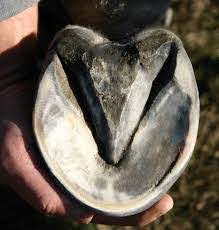
Prevention
The best prevention to avoid a degloved horse hoof is to ensure that the horse has good overall hoof health. This includes such activities as:
- Regular trips to the farrier:- Book a regular slot with a farrier to ensure that your horse is properly shod. A farier will also be able to flag any potential issues which may require treatment.
- Daily checks : It is a good idea to perform a daily check of the your horses hoof any signs of hoof conditions such as thrush, cracks, bruising, loose shoes, abscesses, and swelling. Conditions such as these can cause a horses feet to deteriorate quickly if not picked up which can lead to laminitis and other more serious conditions.
- Cleaning : Keeping hooves clean can can help prevent problems and also ensures you see minor issues before they become more worrisome ones. You should pick your horse hooves clean every time you groom the horse.
- Ensure good nutrition : Talk to your vet about what kind of feed and supplements your horse requires to ensure good hoof health
- Environment : Ensure a safe environment for your horse will significantly increase the risk of hoof damage. When they are out be mindful of icy patches, hot ground, and hazardous trails which could lead to serious injury such as a partial or full hoof capsule separation.

